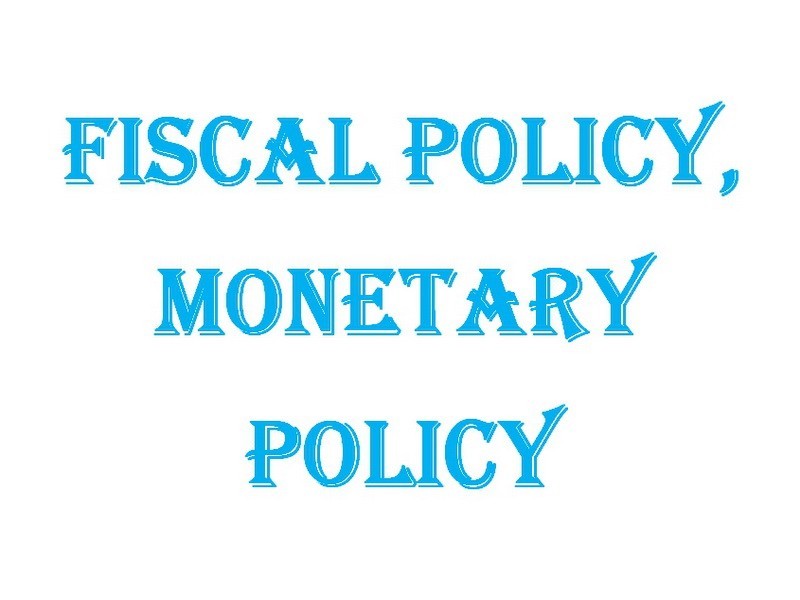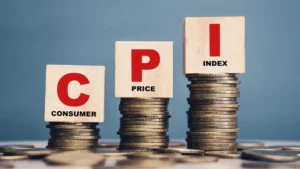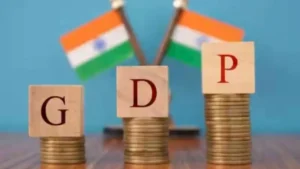Monetary Policy vs. Fiscal Policy
Understanding the distinctions between these two economic tools is crucial for comprehending how governments and central banks navigate the complex landscape of economic management.
Definition
- Monetary Policy: A financial tool utilized by the central banks to regulate the money supply and interest rates in an economy.
- Fiscal Policy: A financial tool employed by the central government to manage tax revenues and expenditure policies for the benefit of the economy.
Managed By
- Monetary Policy: Central Bank of an economy.
- Fiscal Policy: Ministry of Finance of an economy.
Measures
- Monetary Policy: Involves regulating interest rates for lending money in the economy.
- Fiscal Policy: Involves managing capital expenditure and taxes in the economy.
Focus Area
- Monetary Policy: Aims at ensuring stability within the economy.
- Fiscal Policy: Focuses on fostering economic growth.
Impact on Exchange Rates
- Monetary Policy: Higher interest rates under monetary policy can improve exchange rates.
- Fiscal Policy: Generally has no direct impact on exchange rates.
Targets
- Monetary Policy: Primarily targets inflation in an economy.
- Fiscal Policy: Does not have a specific target.
Impact
- Monetary Policy: Influences borrowing in an economy.
- Fiscal Policy: Influences the budget deficit of the economy.
Questions Related to Exams
Q: What is Monetary Policy?
A: Monetary policy refers to the tools and strategies employed by a country’s central bank to regulate the money supply and interest rates in the economy.
Q: Who is responsible for implementing Monetary Policy?
A: Monetary policy is implemented and managed by the central bank of a country, such as the Federal Reserve in the United States or the European Central Bank in the Eurozone.
Q: What does Fiscal Policy entail?
A: Fiscal policy involves the government’s management of tax revenues and expenditures to influence economic conditions, aiming to foster growth and stability.
Q: Who oversees Fiscal Policy?
A: Fiscal policy is overseen by the finance ministry or treasury department of a country’s government.
Q: How does Monetary Policy impact the economy?
A: Monetary policy influences economic conditions by regulating interest rates, affecting borrowing costs, and controlling the money supply to maintain stability.
Q: What is the focus of Fiscal Policy?
A: Fiscal policy primarily focuses on managing tax policies and government spending to stimulate economic growth and address fiscal challenges.
Q: Can you explain the difference in targets between Monetary and Fiscal Policy?
A: Monetary policy typically targets inflation control, while fiscal policy does not have a specific target and aims more broadly at economic growth and stability.
Q: How do Monetary and Fiscal Policies differ in their impact on exchange rates?
A: Higher interest rates resulting from monetary policy can improve exchange rates, whereas fiscal policy generally has no direct impact on exchange rates.
Q: What is the role of the Central Bank in implementing Monetary Policy?
A: The central bank, as the institution responsible for monetary policy, uses tools like open market operations and interest rate adjustments to achieve economic objectives.
Q: How does Fiscal Policy affect the budget of a country?
A: Fiscal policy influences the budget by managing government revenues and expenditures, impacting the budget deficit or surplus and overall fiscal health.




 India’s Retail Inflation at 2.75 Percent...
India’s Retail Inflation at 2.75 Percent...
 India Revises CPI Base Year to 2024: Wha...
India Revises CPI Base Year to 2024: Wha...
 Goldman Sachs Turns Bullish on India: Wh...
Goldman Sachs Turns Bullish on India: Wh...








